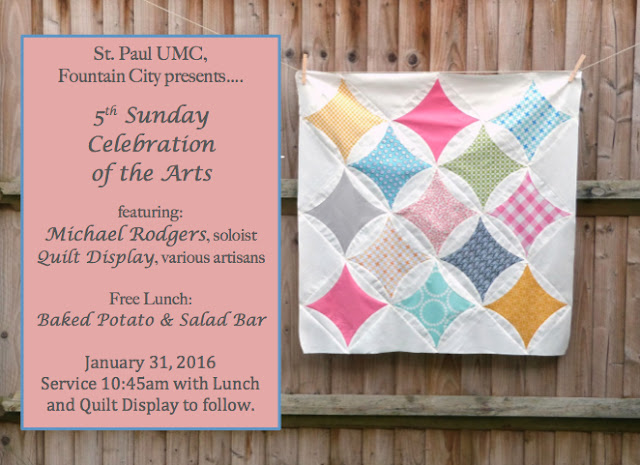Now when Jesus was at Bethany in the house of Simon the leper, a woman came up to him with an alabaster flask of very expensive ointment, and she poured it on his head as he reclined at table. And when the disciples saw it, they were indignant, saying, “Why this waste? For this could have been sold for a large sum and given to the poor.” But Jesus, aware of this, said to them, “Why do you trouble the woman? For she has done a beautiful thing to me. For you always have the poor with you, but you will not always have me. In pouring this ointment on my body, she has done it to prepare me for burial. 13 Truly, I say to you, wherever this gospel is proclaimed in the whole world, what she has done will also be told in memory of her.”
The following commentary is an excerpt from renowned blogger and modern theologian, Rachel Held Evans (you can find the rest of her reflections on this passage here)...
Just days before his betrayal and
death, Jesus and his disciples were eating at the home of Simon the
Leper in Bethany. While they were reclining at the table, a woman, who
John identifies as Mary of Bethany, approached Jesus with an alabaster
jar of expensive perfume, worth about a year’s wages. Mary broke the jar
of spikenard, pouring the perfume on Jesus’ body. The house filled with
its pungent, woody fragrance as she anointed Jesus’ head and feet.
It's also highly symbolic.
In Jesus’ culture, the act of anointing signified selection for some special role or task. Kings were often anointed with oil as part of their coronation ceremony, usually by a prophet or priest. The Greek word christos, Christ,” is a translation of the Hebrew word for Messiah, which means “the anointed one.” And so this anonymous woman finds herself in the untraditional position of priest and prophet. In the upside-down Kingdom of Jesus, it makes perfect sense.
Anointing the feet took things a step further, modeling the service, discipleship, and love Jesus taught. In a culture in which a woman’s touch was often forbidden, Mary dares to cradle the feet of Jesus in her hands and spread the oil across his ankles and toes with the ends of her hair. And rather than measuring out a small amount of oil, Mary breaks the jar lets it all pour out. She’s all-in, fully committed, sparing no expense. The oil she may have been reserving for her own burial, or the burial of a loved one, has been poured out generously, without thought of the future.
The humility of this action foreshadows the footwahsing that is to come and that we remember on this Maundy Thursday. Later, Jesus would imitate Mary by washing the feet of the Twelve, telling them to do the same.
Dear Sisters and Brothers, Easter is coming...









